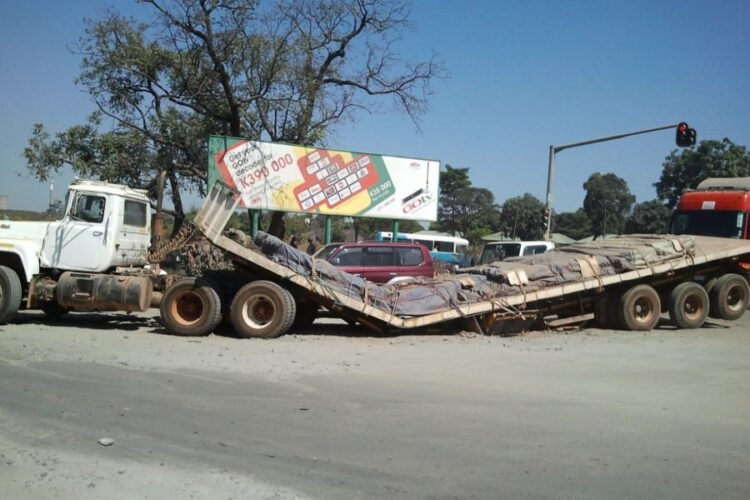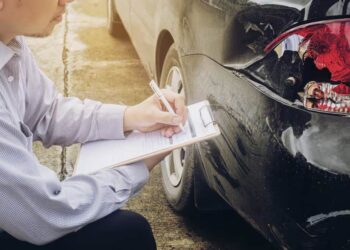Trucking accident lawsuits are initiated by those seeking compensation for injuries and damages from a crash involving trucks. Unlike other auto accident cases, these lawsuits pose several significant complexities that make them difficult to deal with. Understanding why trucking accident cases are so complex can equip you with the knowledge required to navigate them. Discussed below are four reasons why trucking accident lawsuits can be complicated.
1. Strict Federal Regulations
Commercial vehicles like trucks are subject to stringent federal rules that don’t apply to other drivers, complicating the trucking accident law. These regulations include:
- Hours of service: They aim to ensure that motorists get sufficient rest between long traveling stretches. Some trucking companies push drivers to overwork, resulting in exhaustion that increases the risk of accidents
- Commercial driver’s license: It proves a motorist’s prowess in handling commercial vehicles
- Truck driver logs: Commercial drivers are required by the FMCSA to keep their activity logs during work shifts. The logs include breaks taken, stops, and inspection resultsSpeed, weight, and size restrictions: These differ based on multiple elements like how the vehicle’s axles are laid out
- Alcohol and drug testing: They’re meant to ensure drivers don’t drive under the influence of alcohol and drugs
- Inspection requirements
Without the right knowledge and experience, navigating these strict regulations isn’t easy. However, hiring a trucking accident lawyer allows you to leverage their knowledge and understanding of these laws, boosting your winning chances.
2. Proving Liability
Trucking accident cases can involve several liable parties, making it hard to prove liability. If you’re injured in a trucking crash, you can file a claim against:
- Truck drivers: If the accident was due to a driver’s negligence, your personal injury lawyer should be able to determine the cause, including violation of FMCSA rules, fatigue, and more
- Trucking company: It’s a trucking company’s responsibility to hire qualified drivers, train them, and screen them for alcohol and drug abuse. Failure to do so means that the company is held responsible for the trucking accident
- Part manufacturers: If the accident was a result of a defective part, the part manufacturer may be held responsible for the crash-related damages
- Loading companies: The loading company may be held liable if the cargo was loose, unsecured, or exposed before the accident. Additionally, the company may also be responsible if the cargo weight was unevenly distributed or the contents fell from the vehicle
An experienced trucking accident attorney can help you determine the party or parties liable for your accident.
3. Injury Severity
Multiple elements influence the severity of trucking accident injuries. Failure to understand these elements makes it hard to determine the possible impact of injuries and navigate trucking accident lawsuits. These factors include:
- Vehicle speed
- Point of impact
- Truck design and safety features
- Restraint usage
- Vehicle weight and size disparity
- Load and cargo factors
- Timeliness of emergency response and quality of medical care
4. Multiple Insurers
Several liable parties usually imply different insurers. To receive the highest possible compensation, you must file claims with each relevant insurance company. The claim filing process, negotiating compensation with each insurer, and suing some of them complicates trucking accident lawsuits. This is mainly because these insurance companies have varying rules, processes, and policies. Collaborating with a personal injury lawyer can help ease the complexities that dealing with multiple insurers brings.
Endnote
Trucking accident lawsuits are quite complex. Understanding why trucking accidents can be complicated enables you to find easy ways to navigate them.










